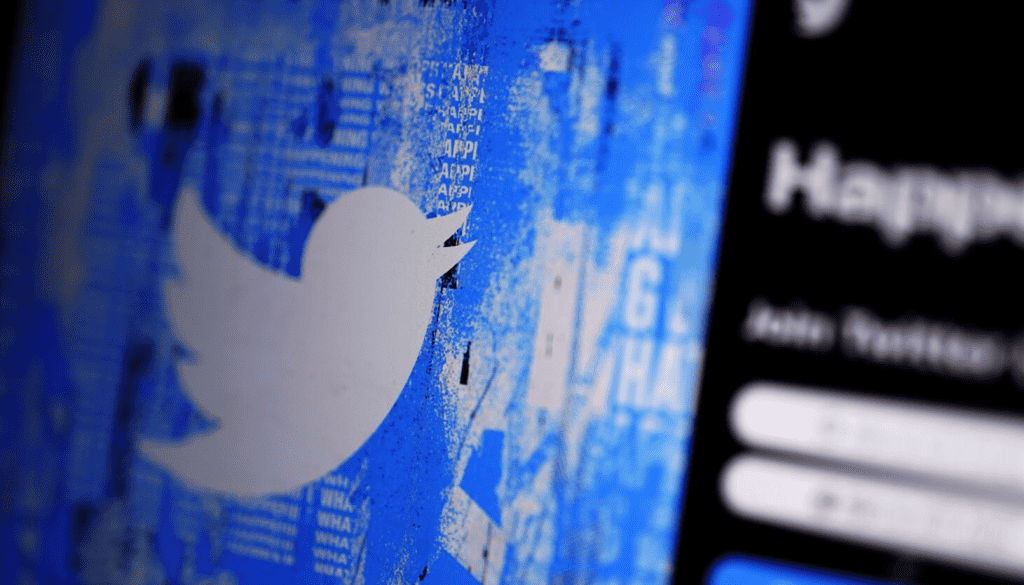Twitter has reacted strongly to Elon Musk’s stalling tactics as the social media giant tries to push the billionaire to finish his US$44 billion purchase of the platform.
Tesla CEO Elon Musk announced his departure from the deal earlier this month, claiming what his lawyers called multiple breaches of the contract. The company’s lawyers subsequently filed a lawsuit against Musk in the US state of Delaware, claiming that his claims were without merit.
“Having mounted a public spectacle to put Twitter in play. Musk apparently believes that he is free to change his mind, trash the company, disrupt its operations, destroy stockholder value, and walk away,” the lawsuit stated.

Twitter requested an expedited trial, with a judgement on the timeframe due within the next 24 hours by a chancellor in the Delaware Court of Chancery.
In response, Musk’s lawyers suggested that the trial begin as soon as February 2023. However, Musk stated that it would take a significant amount of time to thoroughly analyze and exchange information regarding the number of spam accounts on Twitter’s network, which is at the heart of his issue with the site.
He accused Twitter of attempting to “railroad” him into purchasing the company and trying to disguise the truth about the number of spam accounts on the platform, which was one of the reasons he backed out of the agreement.

On the other hand, Twitter’s lawyers described Musk’s suggested timeline as “unreasonably elongated” and his accusations concerning bot accounts as “a contractually irrelevant sideshow that Musk intends to use to disparage Twitter and prolong this litigation.” They emphasized the significance of a quick trial.
“Millions of Twitter shares trade daily under a cloud of Musk-created doubt. No public company of this size and scale has ever had to bear these uncertainties,” they said.

“The only remaining condition – shareholder approval – is expected to be satisfied before the September trial Twitter requests,” the filing said.
“Conclusions aside, Musk offers no reason to think discovery must be so expansive that a trial must wait until next year.”


